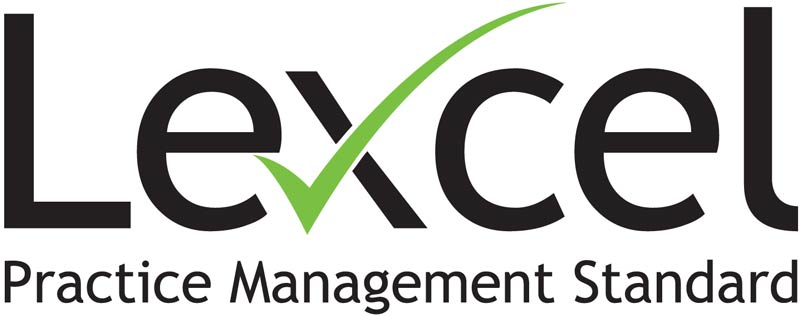Rentcharges are historic mechanisms which allowed Landowners to sell land to developers at a reduced sum and in return receive a yearly income from the land. The landowner who received the sum would be known at the rentcharge owner. Such mechanisms were popular in the Victorian times although were also seen in developments as late as the 1970’s.
In 1977 the Rentcharges Act abolished the creation of new rentcharges subject to a few exceptions. The Act also created a ‘shelf life’ for any existing rentcharges of 60 years and such relevant rentcharges are due to expire in 2037.
Remedies
The remedies afforded to a rentcharge owner under Section 121 of the Law of Property Act provides that if a rentcharge has not been paid for a period of 40 days the rentcharge owner has a statutory right to pursue the arrears even if the amount owing has never been demanded.
Section 121 of the Law of Property Act 1925 sets out the remedies available. Under the Act the rentcharge owner can take possession of the property to use the income from it to recover arrears. Alternatively, they can grant a lease of the property to a trustee for 99 years.
In accordance with the Rent Charge Act 1977 there is no provision for such a lease to come to end if the arrears are paid. The leaves the property owner having to negotiate a fee with the rentcharge owner for surrendering the lease which could be potentially costly. If a lease remains on the Property, it could render the property unsaleable and not mortgageable. Lenders will not want to lend on such properties as it could put their security at risk.
Fortunately, the Rentcharges Act allows the property owner to redeem the rentcharge, with the cost of redeeming the rentcharge being around 16 times the yearly payment.
Next steps
Our Hampshire property lawyers are experienced in advising clients on rentcharges and the issues arising out of them. If you would like to find out more information about redeeming a rentcharge, or if you have found yourself in a property dispute involving rentcharges and need advice, please contact us. For information about the other real estate legal services we offer, please see our residential property or commercial property pages.







